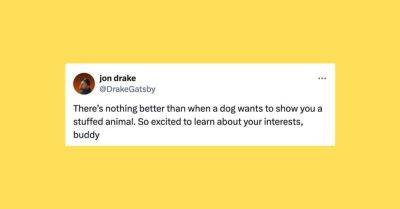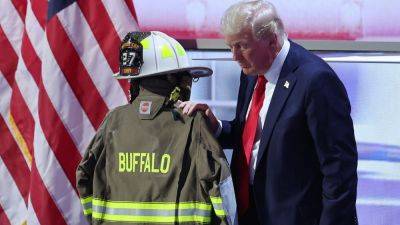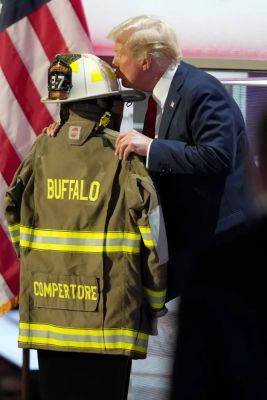The 5 Biggest Early Warning Signs Of Cancer In Dogs
It’s estimated that one out of every four dogs will be diagnosed with cancer in their lifetime, and half of dogs over 10 will die from it. The disease, which occurs when some of the body’s cells grow uncontrollably and destroy healthy tissue, is becoming more common in our four-legged pals.
Scientists suspect this is due to a mix of factors , including their longer lifespan, selective breeding, environmental factors and improved diagnostic testing. Early detection can improve your dog’s chances of beating the disease and living a long, happy life.
However, because our pups can’t outright tell us if they’re in pain or feel off, most dogs aren’t diagnosed until the cancer’s in an advanced stage .
There are several clues that might indicate your dog has cancer ― and the sooner you spot them, the sooner they can be addressed. “As in humans, cancer is best treated when detected early,” Dr. Julie Bulman-Fleming, a veterinary oncologist and medical director of Veterinary Cancer Group, a Thrive Pet Healthcare partner, told HuffPost.
We asked three vets what the earliest signs of cancer are in dogs. Here’s what they said:
Your dog is behaving oddly
According to Bulman-Fleming, many dogs will start acting out of the ordinary. This is, she says, typically the very clue that a dog has cancer.
The behavior change can be so slight that it’s only noticeable to someone in the family. Your dog, for example, might suddenly stop begging for a treat when you prepare your coffee.
“It could be as subtle as no longer asking for breakfast, or sleeping in, or it can be more noticeable like avoiding their family or stopping on walks,” Bulman-Fleming said. They may also seem more lethargic than usual. “This can be mild or severe and may







